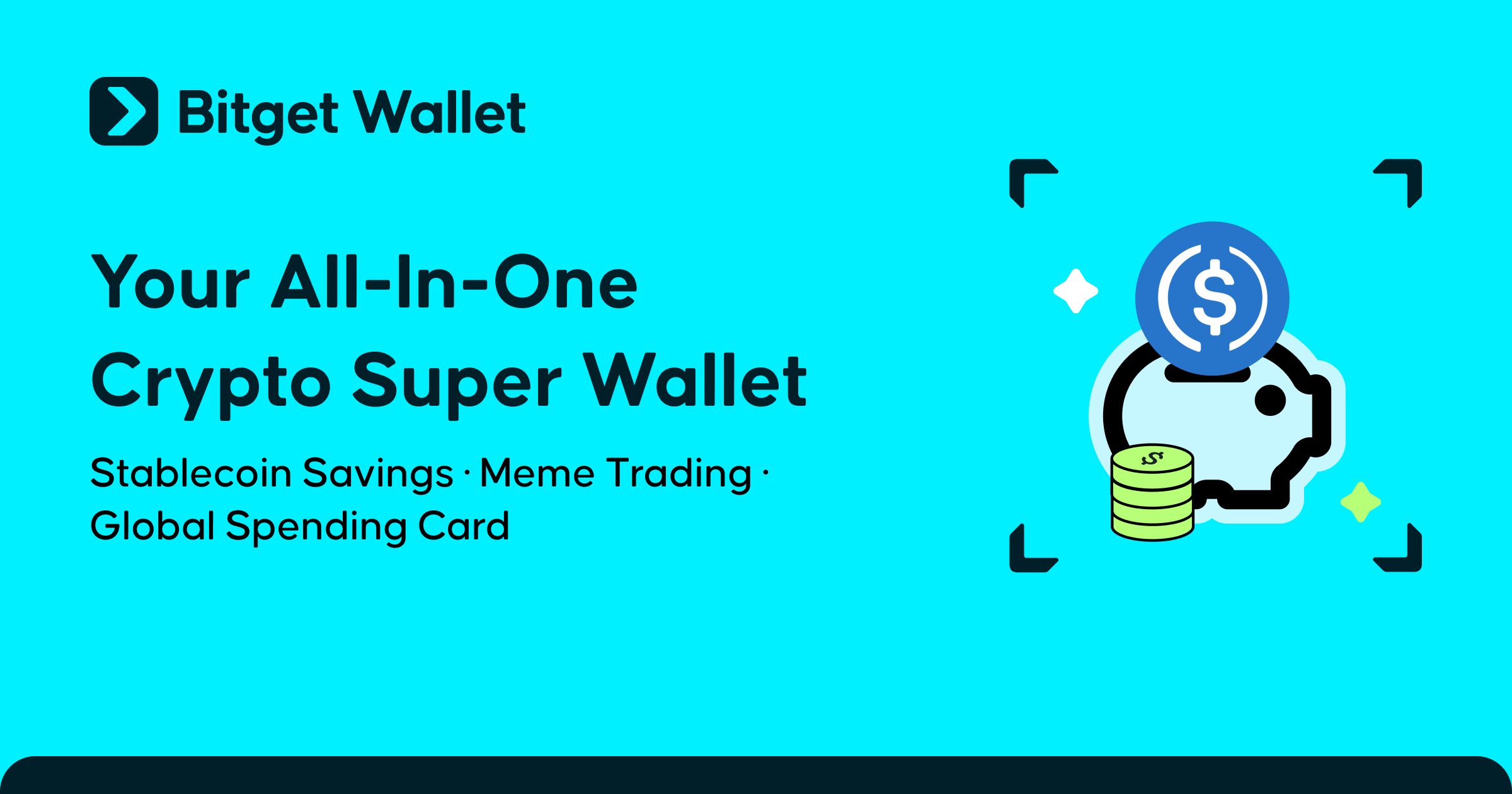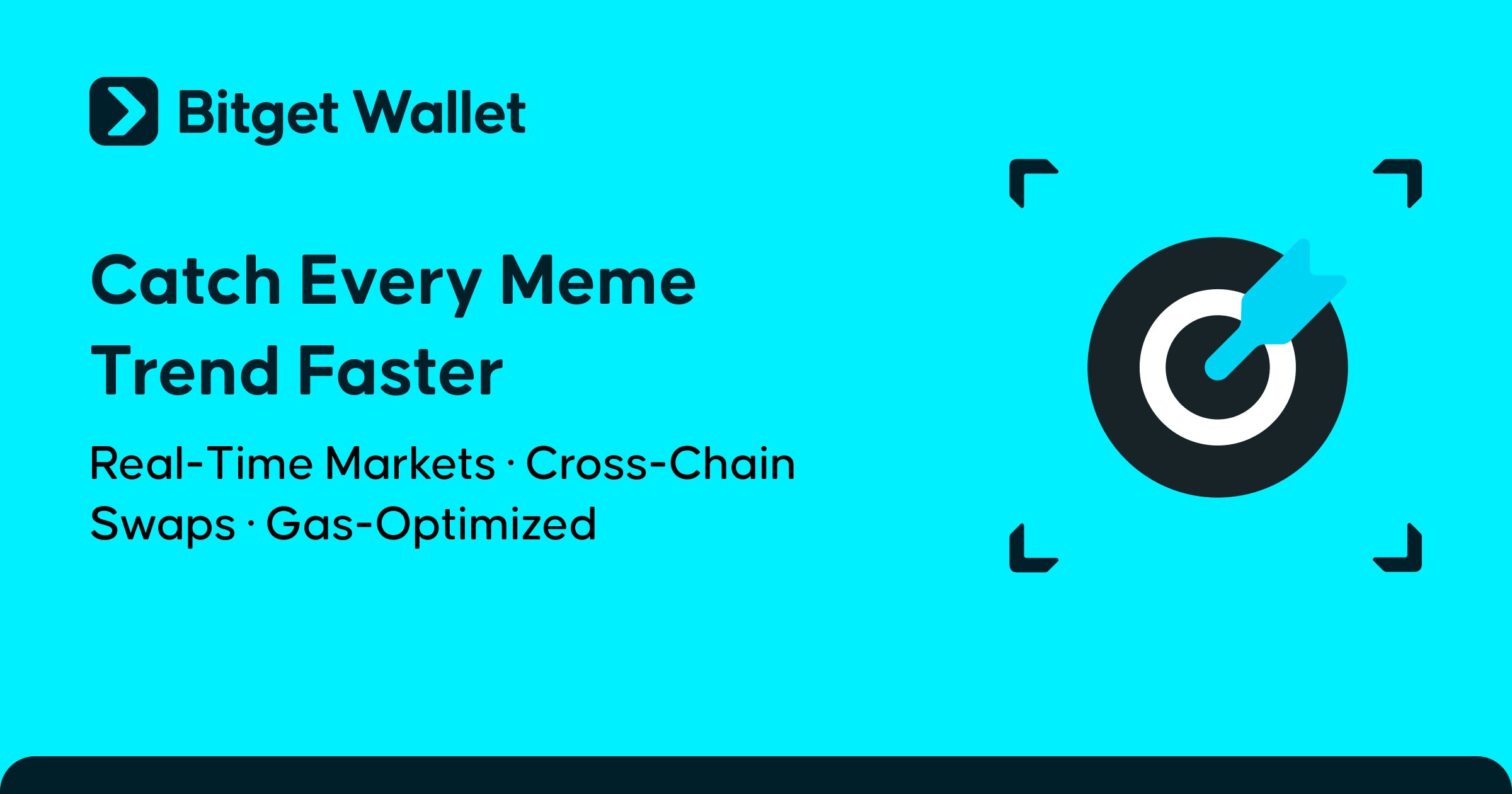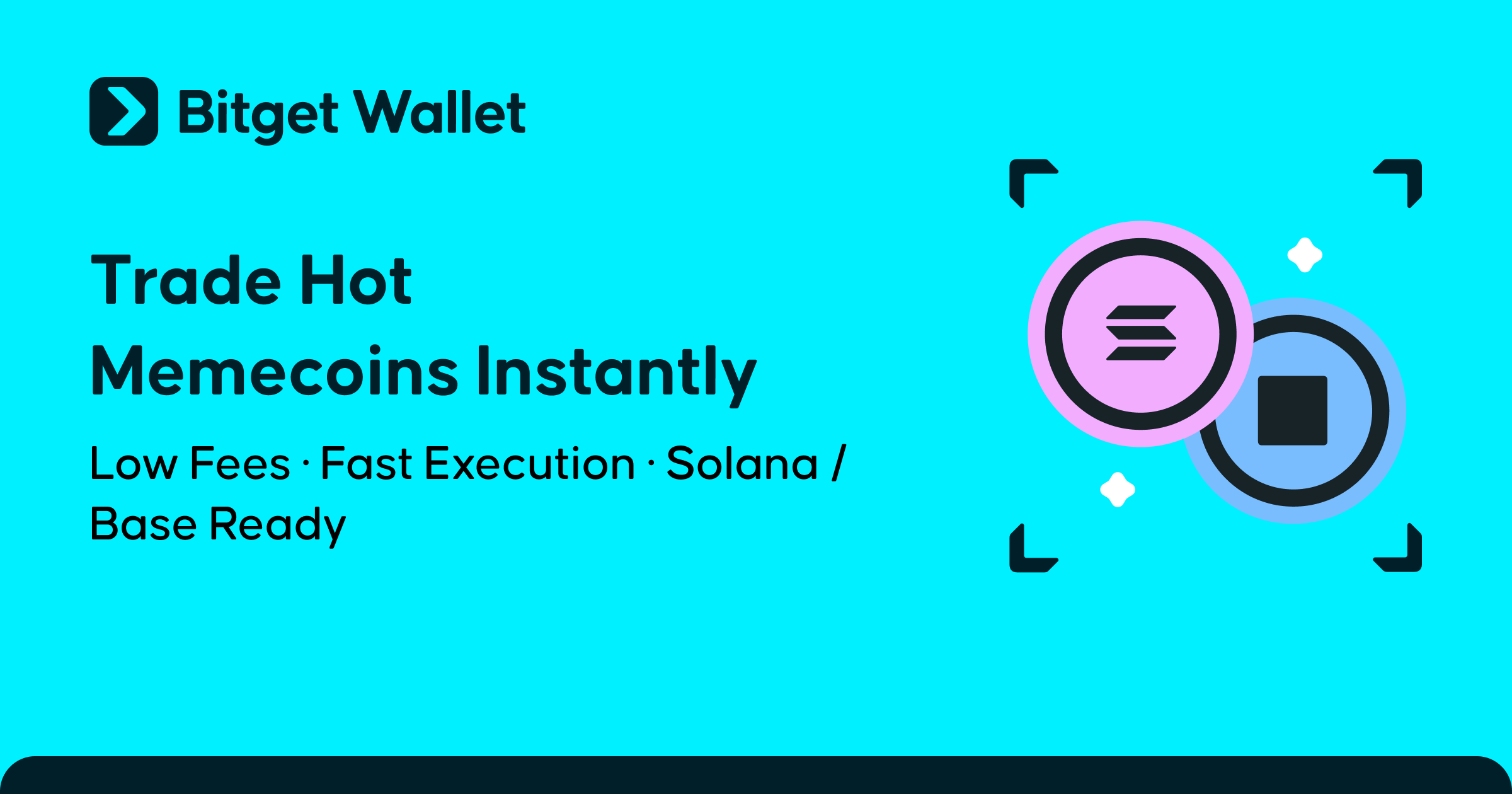Crypto Payments Pros and Cons: A Beginner’s Guide to PayFi
In today’s fast-changing financial world, PayFi is making waves as a new way to send and receive crypto payments. It combines DeFi (Decentralized Finance), stablecoins, and real-world assets (RWA) to create a more open and efficient payment system. Unlike traditional banking methods like SWIFT, PayFi runs on blockchain technology, offering faster transactions, lower fees, and greater accessibility.
One of PayFi’s biggest innovations is that it allows users to earn yield while making payments, thanks to its DeFi integration. This means you’re not just transferring money, you’re also growing your assets.
PayFi transforms crypto payments by combining DeFi, stablecoins, and real-world assets (RWA) for fast, low-cost transactions with yield-earning potential. This guide breaks down its pros and cons to help you decide if it’s right for you.
What is PayFi?
PayFi is a crypto payment solution integrating DeFi, stablecoins, and real-world assets (RWA) to offer a decentralized financial model. It enables seamless transactions using blockchain technology, reducing reliance on traditional banks.
-
DeFi integration: Earn yield while making payments.
-
Stablecoins: Ensure price stability in transactions.
-
Blockchain technology: Enhance security and transparency.
Unlike traditional banking and SWIFT transfers, PayFi operates without intermediaries, reducing fees and settlement times while enhancing financial inclusion. As crypto adoption grows, PayFi is set to revolutionize global transactions with its seamless and decentralized approach.
▶Read more: What Is PayFi? A Guide to On-Chain Crypto Payments and DeFi Integration
Pros of PayFi
PayFi revolutionizes crypto payments by offering low fees, fast settlements, and decentralized transactions, making it a game-changer for digital finance.
1. Lower Transaction Costs
PayFi significantly reduces payment fees compared to traditional banking and SWIFT transactions. Since it removes intermediaries, users can save money on cross-border transfers and daily transactions.
2. Faster Payments & Settlements
Traditional banking systems can take days to process transactions, especially for international transfers. PayFi leverages blockchain technology to enable near-instant payments, ensuring quick and seamless settlements.
3. Decentralization & Financial Inclusion
-
No need for traditional banks or third parties.
-
Provides access to financial services for the unbanked.
-
Users have full control over their funds with self-custody.
PayFi opens financial opportunities for people worldwide, especially in regions with limited banking access.
4. Earning Yield While Making Payments
One of PayFi’s biggest advantages is its DeFi integration, allowing users to earn passive income. By utilizing stablecoins and staking mechanisms, users can earn interest on their holdings while making payments.
5. Cross-Border Advantages
-
Eliminates the high fees of SWIFT and money transfer services.
-
Enables seamless payments across different countries.
-
Works with stablecoins to avoid currency fluctuations.
PayFi makes international transactions easier, cheaper, and more efficient than traditional banking methods.
With its low fees, fast transactions, and DeFi benefits, PayFi is transforming how people make payments globally.
Cons of PayFi
1. Regulatory Uncertainty
Governments worldwide are tightening regulations on crypto payments, creating uncertainty for PayFi users. Stricter compliance measures, potential bans, or evolving legal frameworks can impact its adoption and usability in certain regions. Users must stay informed about local regulations before relying on PayFi for transactions.
2. Liquidity Challenges
The tokenization of real-world assets (RWA) is still in its early stages, making liquidity a concern. Limited adoption and infrastructure may affect large transactions, restricting smooth fund transfers. As the ecosystem matures, improved liquidity solutions may enhance PayFi’s efficiency.
3. Complexity for New Users
PayFi requires users to navigate crypto wallets, DeFi protocols, and smart contracts, which can be overwhelming for beginners. Unlike traditional banking, managing private keys and understanding blockchain transactions demand technical knowledge, creating a learning curve for adoption.
4. Volatility & APY Risks
Yield rates in PayFi fluctuate due to market conditions, exposing users to potential losses. Stablecoin de-pegging and sudden APY drops can affect expected returns. Unlike fixed-interest banking systems, DeFi-integrated payments require users to actively monitor risks before investing or transacting.
Bitget Wallet PayFi: Key Features & Benefits Explained
Bitget Wallet is crucial in the PayFi ecosystem, offering seamless and decentralized crypto transactions. By integrating PayFi, it enables users to make fast, low-cost payments while leveraging the benefits of DeFi, stablecoins, and blockchain technology. This innovation eliminates intermediaries, ensuring greater financial freedom and efficiency in global transactions. Additionally, its user-friendly design makes crypto payments accessible to both beginners and experienced users.
Key Features of Bitget Wallet PayFi
Bitget Wallet’s PayFi integration enhances the crypto payment experience with a range of powerful features:
-
Fast and low-cost payments: Transactions are processed almost instantly, reducing wait times and eliminating the high fees associated with traditional banking systems.
-
Cross-border transactions with stablecoins: Ideal for global users, enabling seamless payments without worrying about currency fluctuations, bank restrictions, or lengthy processing delays.
-
DeFi integration for yield-earning: Users can generate passive income by earning yield while making payments, leveraging DeFi protocols to optimize financial growth.
-
Security and self-custody: With advanced encryption and decentralized control, users retain full ownership of their funds, eliminating reliance on third parties and minimizing risks.
These features position Bitget Wallet’s PayFi as a cutting-edge solution for decentralized and efficient financial transactions.
Benefits of Using Bitget Wallet’s PayFi
-
Eliminates intermediaries: By cutting out banks and third-party processors, PayFi lowers fees and speeds up transactions, making global crypto payments more cost-effective.
-
Supports multi-chain transactions: Users can send and receive payments across multiple blockchains, ensuring flexibility and wider adoption of stablecoins and crypto assets.
-
Automates crypto payments: PayFi allows for recurring transactions, making it easier for businesses and individuals to manage subscriptions, payroll, and smart contract payments.
-
Simplifies user experience: With an intuitive design and self-custody features, Bitget Wallet ensures secure and seamless transactions for both beginners and advanced users.
▶Read more: Where Can You Use PayFi for Crypto Payments? Top Use Cases Explained
Why Bitget Wallet’s PayFi Matters?
Bitget Wallet’s PayFi is transforming financial inclusion in the crypto space by making decentralized payments more accessible. Unlike traditional banking, which requires intermediaries and high fees, PayFi allows users to transact seamlessly with stablecoins and blockchain technology. This is especially beneficial for unbanked populations, giving them a secure and efficient way to engage in digital finance.
-
Expanding DeFi use cases – PayFi goes beyond simple transactions by integrating with DeFi protocols, allowing users to earn yield while making payments. This combination of payments and passive income opens new financial opportunities for crypto users.
-
Boosting crypto adoption – By offering fast, low-cost, and secure transactions, PayFi encourages businesses and individuals to embrace crypto payments. As more merchants and service providers integrate PayFi, it strengthens the case for mainstream digital asset adoption.
Bitget Wallet’s PayFi is also set to revolutionize global commerce by simplifying cross-border transactions. Traditional international payments are often slow, expensive, and reliant on banks or SWIFT networks. PayFi, leveraging blockchain and stablecoins, eliminates these inefficiencies, providing instant and cost-effective global payments.
This makes it an ideal solution for businesses, freelancers, and digital entrepreneurs looking to transact seamlessly across borders without high fees or long settlement times.
Conclusion
PayFi offers a transformative approach to crypto payments, combining the benefits of DeFi, stablecoins, and real-world assets. It provides lower transaction costs, faster settlements, and financial inclusion, making it a strong alternative to traditional banking. However, challenges like regulatory uncertainty, liquidity concerns, and complexity for new users remain.
Despite these risks, PayFi presents a compelling case for those seeking decentralized and efficient financial solutions. As adoption grows, its role in reshaping digital payments will only expand. If you're looking to explore seamless crypto transactions, Bitget Wallet’s PayFi is a great place to start, download it today and experience the future of payments.
FAQs
What is PayFi?
PayFi is a decentralized crypto payment system that integrates DeFi, stablecoins, and real-world assets to enable seamless digital transactions. It offers lower fees, faster settlements, and global accessibility compared to traditional banking.
How does Bitget Wallet’s PayFi work?
Bitget Wallet’s PayFi enables users to send and receive crypto payments efficiently by leveraging blockchain technology. It supports multiple blockchains, reduces fees, and allows users to earn yield through DeFi integration.
Is PayFi a safe way to make crypto payments?
Yes, PayFi offers enhanced security through blockchain encryption and self-custody features. However, users should be aware of regulatory changes, liquidity risks, and volatility in the crypto market.
Risk Disclosure
Please be aware that cryptocurrency trading involves high market risk. Bitget Wallet is not responsible for any trading losses incurred. Always perform your own research and trade responsibly.
- FIFA World Cup Odds 2026: How to Bet on the World Cup 2026 Winner2026-03-03 | 5mins
- Fabric Airdrop Guide: How to Participate and Claim $ROBO Rewards2026-03-03 | 5mins
- Can I Buy World Cup Ticket with Cryptocurrencies?2026-03-02 | 5mins



















